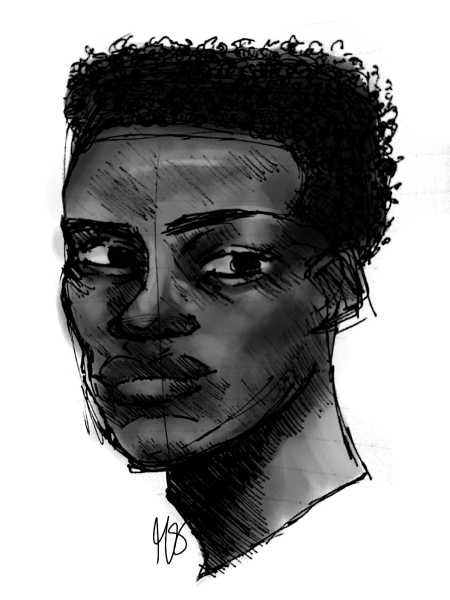“The Woman King”: Sensationalism vs. truth
September 29, 2022
The newly released movie “The Woman King” has sparked discussion at Whitman and around the world after receiving mixed reviews days after being released. The movie follows the story of the Agojie, a troop of female warriors from the West African kingdom of Dahomey in the 17th through 19th centuries.
Tebraie Banda-Johns is the director of the Intercultural Center and promoted the movie on Sept. 16 by giving out free tickets to 60 students.
“The movie highlighted the real-life all-female Dahomey warriors, which during that time period was unprecedented,” Banda-Johns said. “I think it was important as the Intercultural Center to give students the opportunity to see and learn more about these incredible African women who were powerful leaders within society.”
While many viewers liked the movie’s cinematography, acting and costume designs, it has also become a point of simmering contention how the movie dealt with truth and history.
“After watching the movie, I discovered that two white women wrote the story and screenplay. How can one write a story about a culture they have no direct experience in?” Banda-Johns said. “Certain parts of the film felt very ‘Hollywood’ in order to appease a certain demographic of people who want to empower Black people towards liberation, without actually giving them the freedom to write their own narratives.”
While the portrayal of West African culture and female strength was appreciated, the lack of historical accuracy made it difficult to wholly enjoy the movie.
Senior Jeff Mutethia enjoyed the action movie, but he also noted the falsities the movie attempted to convey.
“People talk about how the Dahomey tribe that’s depicted as ending slavery during that time didn’t actually end slavery,” Mutethia said. “[They] sold palm oil for a little bit, and then once that became unprofitable, they did slavery until the British forced them to end it. That’s left out.”
Depicted in the movie was the question of which woman would be hailed beside King Ghezo. The film depicted a woman in power gaining respect for her prowess on the battlefield and her loyalty to the king. However, the movie also included some traditional tropes one would find in many Hollywood films, such as the addition of a love story and a lost-and-found daughter born of unfortunate circumstances. Not to mention, that daughter was as rebellious and strong-willed as her mother, made for the sake of a man.
First-year Fred Jackson did not care for these tropes.
“Well, one thought I had with the movie overall was the portrayal of the romance. [It was] something that shouldn’t have been in the movie,” Jackson said. “The fact that [they] connected the general to the girl, I didn’t like that part either… I think they made up a rebellious character for the sake of the man and not the overall meaning of the movie.”
In this day and age, this movie could be considered a message about the strength of women, which was a choice made by the writers of the film. However, it’s up to the audience to decide whether they find this messaging appropriate in “The Woman King.”
Overall, this is a movie that’s refreshing in its narrative and portrayal of other cultures, but it is sensationalized for a wider audience.
“I don’t think watching this movie is going to change people’s lives, but it was definitely a conversation piece about the ways Hollywood depicts the experiences of Black, African and African-American people to cater to certain audiences,” Banda-Johns said.
The movie is currently showing in theaters around the U.S., including the local Walla Walla Cinemark Grand Cinemas.







